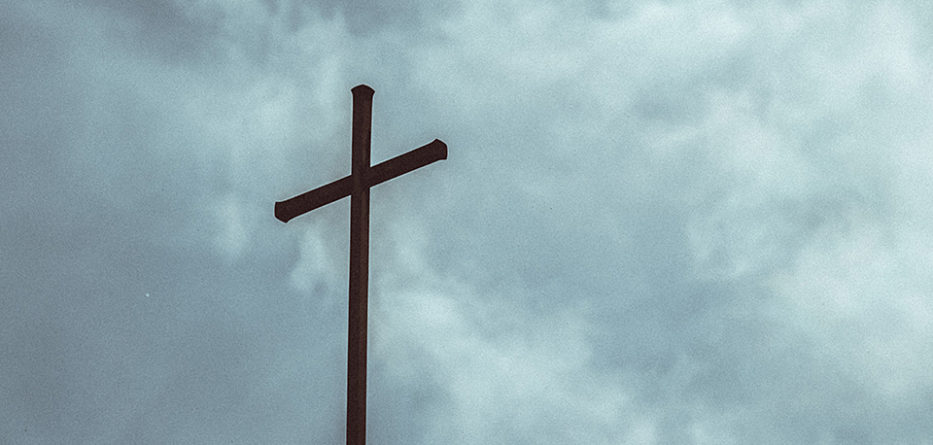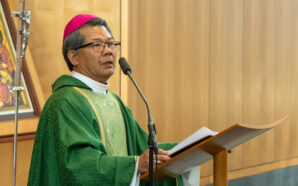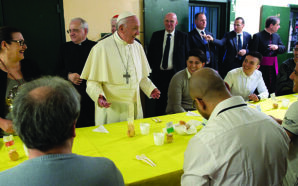In anticipation of Easter, high-end jewellers advertise gold and bejewelled crosses costing thousands of dollars. This is ironic. The cross of Christ was a horrible torture. The victim of crucifixion was dispossessed of everything. Any semblance of human dignity was stripped away, even ultimately breath itself, because death was hastened by asphyxiation. Jesus suffered all the shame and horror of crucifixion. And even his clothes were distributed by lot to the executing Roman soldiers. But his cross became the ineradicable and priceless symbol of salvation and God’s unconditional love.
I have been a priest for 57 years. Ever since I read The Brothers Karamazov as a seminarian, with its description of the rejection of God by Ivan, the middle brother, because of innocent suffering, I have struggled with the tension between my belief in a loving God and the presence of so much evil and pain in the world. I have come to recognise increasingly the cross of Christ as God’s response to that suffering and as the force that inspires his followers to immerse themselves in action to overcome suffering. What has helped me is the image of “dispossession” which characterises human life, tragic crises such as a pandemic, the very cross of Christ and Christian discipleship.
Jesus was dispossessed of life on the cross. Jesus also willingly accepted that dispossession. He knew well in advance of his triumphant return to Jerusalem that his enemies were plotting to kill him. He accepted that as the price of his mission. His entire life had been one of dispossession. At the very beginning, he entered into a people who had been dispossessed of freedom and true nationhood by the oppressive Roman empire. His family was possessed of no abundance. Upon birth, he was laid in a manger. His earnings as a young worker were likely meagre.
Adding to the dispossession that his nation and neighbours endured politically and economically, Jesus embraced dispossession all the more as he began his public ministry. He left home and became dependent on others for shelter and food. His sharp calls for conversion dispossessed him of the esteem of many, even his own relatives. His bold proclamation of himself as an instrument of divine forgiveness, his insistence on faith in him as a prerequisite for healing, his interpretation of the love of God and neighbour as underlying all human laws, his severe challenge to those who stubbornly refused to hear him—all of this led to the ultimate dispossession of the cross.
Christian reflection on the cross of Christ has yielded so many meanings. Most importantly the cross is the sacrifice Christ made, a dispossession of his life for the sake of all of humankind. In our culture of massive possessiveness, the cross stands as judgment and salvation. That is all the more true because the cross reveals the very nature of God.
To continue reading this article, click here.
Msgr. John J. Strynkowski. a retired priest of the Diocese of Brooklyn, served in the Congregation for Bishops for six and a half years and at the U.S. Conference of Catholic Bishops for five years.
With thanks to America Magazine and Monsignor John J. Strynkowski, where this article originally appeared.









